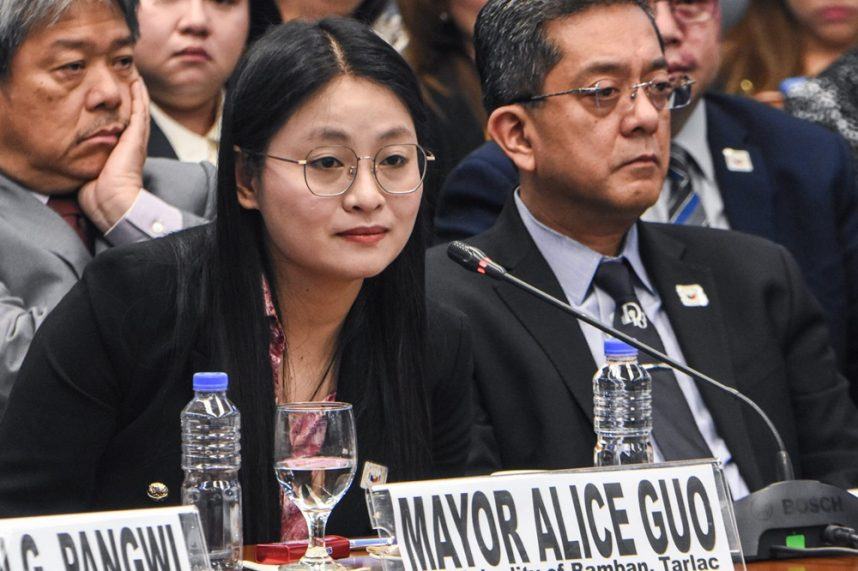Posted on: June 3, 2024, 09:38h.
Last updated on: June 3, 2024, 09:38h.
A bill freshly filed in the Philippine Senate calls for the dismantling of the country’s controversial online gambling (or “POGO”) industry, citing its links to cases of human trafficking and online scams.

A POGO, which stands for Philippine offshore gaming operator, is a company that is licensed and operates in the Philippines, but targets customers based outside the country, largely in China.
Senator Sherwin Gatchalian, the bill’s author, claims that many of the businesses, which are largely run by Chinese nationals, front as POGOs but are also “engaged in human trafficking and scamming.”
“While the POGO industry has brought in revenue and jobs, the country has grappled with a surge in related crimes, raising concerns about the overall impact,” Gatchalian said in a statement Friday.
Mayor Mistrust
One such POGO, in the town of Bamban, Tarlan province, was raided by authorities in February 2023 for alleged involvement in crypto scams. It was raided again in March this year because of allegations of human trafficking and cybercrime.
During a May 2024 Senate inquiry, Gatchalian revealed that the land on which the POGO was built was partially owned by the town’s mayor, Alice Guo.
The mayor’s car was also found in the compound, and questions have been raised over her apparent wealth, which she flaunted and was at odds with her status as a provincial mayor.
Guo’s Philippine citizenship is also under question amid inconsistencies in the details she has provided about her birth and education. Guo has been accused of being a Chinese “asset” tasked with influencing Philippine politics, an allegation she denies.
A longstanding dispute between Manila and Beijing over territories in the South China Sea had cooled under previous president Rodrigo Duterte but has escalated during the administration of President Bongbong Marcos.
Security Threat
Long before the Guo affair, lawmakers and analysists warned about the potential security threat posed by the POGO sector.
It’s a huge national security risk since we lack the ability to completely monitor them and screen their entry to our country. Our reactive posture adds to our vulnerabilities,” Sherwin Ona, an associate professor of political science at De La Salle University in Manila, told The South China Morning Post this week. He added that the controversy around Guo should serve as “a wake-up call.”
At its height under Duterte, the POGO industry employed more than 300,000 Chinese workers. After a tightening of controls, that number is now closer to 100,000-150,000, according to official estimates.

